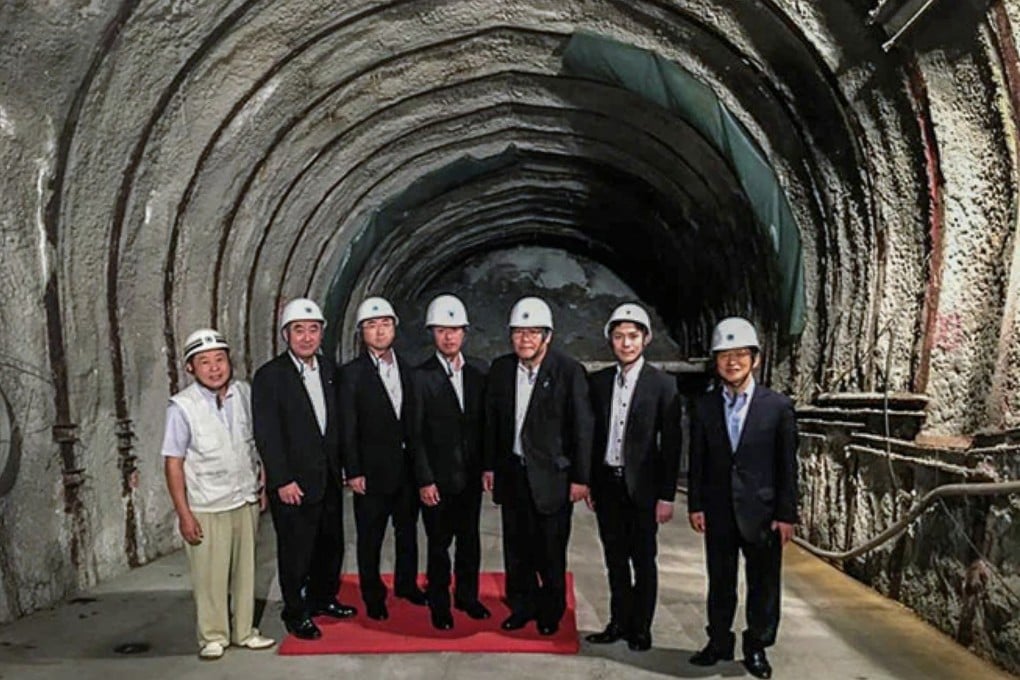Japan-South Korea undersea tunnel project hits dead end over Unification Church ties
- Project to link northern Kyushu with South Korea via 235km tunnel was the brainchild of Unification Church founder Moon Sun-myung
- Japanese politicians distance themselves from project after church’s controversial donation drives came to light following killing of former leader Shinzo Abe

In 1986, the Unification Church-backed International Highway Foundation began work to drill an inclined shaft through a mountain in Karatsu, northwestern Japan’s Saga prefecture.
At an estimated cost of 10 trillion yen (US$71 billion), the 235km tunnel linking northern Kyushu with South Korea was the brainchild of church founder Moon Sun-myung.
The Asahi newspaper reported that by 2007, the underpass, six metres wide, had reached about 540 metres in length. Further drilling was halted after the pit hit the land-sea boundary.
Abe’s attacker told police he had a grudge against the church due to his bankrupt mother’s massive donations, and believed the slain politician had ties with it.
Since then, several followers have come forward and accused the church of demanding hefty donations and pressuring them to buy various items for exorbitant prices.
The government later launched a telephone consultation service for people affected by the church’s actions.